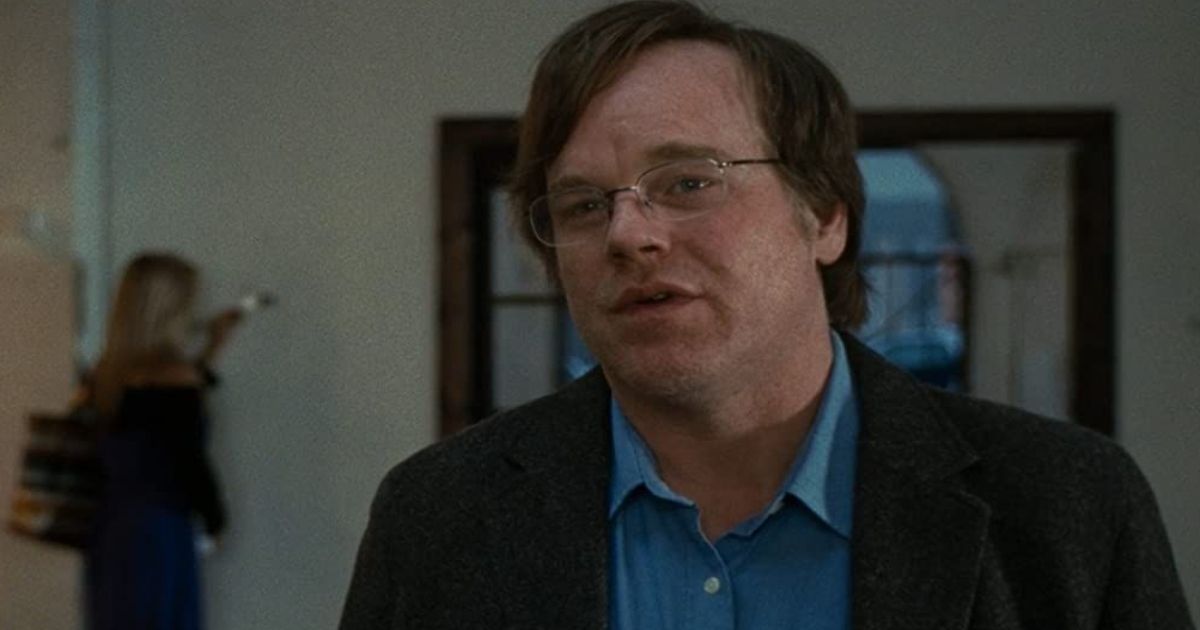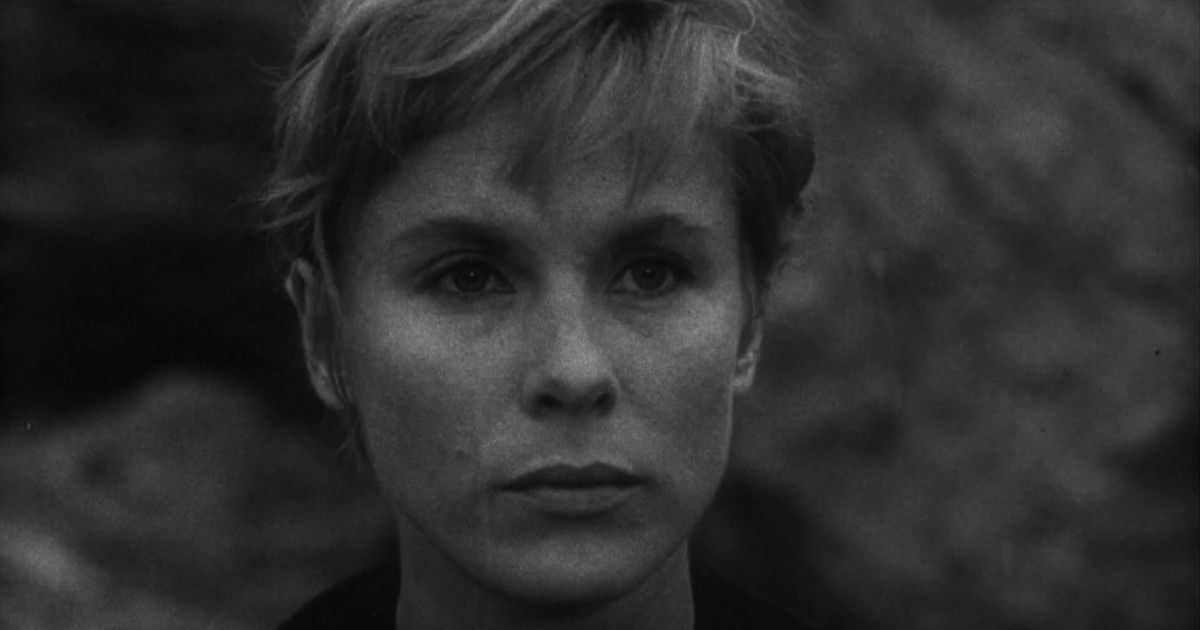With a release date set for April 21st, Ari Aster's Beau Is Afraid has become one of the most anticipated horror films of 2023. Billed as a "nightmare comedy" of sorts, the project starring Joaquin Phoenix promises to be willfully obscure, plot-wise, and more surreal than anything we've ever seen from Aster. The film's trailer has already left many wonderfully confused about what exactly will be going down in this bizarre adventure. Beau's poster speaks to a disturbing, ethereal tale of generational trauma, following the protagonist within four different dreamlike stages of his life. Beau Is Afraid will likely be Aster's most epic feature yet, but with all the familiar features that have made his collaborations with A24 so serendipitous. As we eagerly await the springtime premiere, here are some films to get you in the spirit for Beau, which have either directly inspired the film or remain an unwavering influence on Aster's filmography.
8 Midsommar (2019)
It's hard to overestimate the impact that Aster's two feature films, Midsommar and Hereditary, have had on the horror genre within the past five years. Although either are incredibly fresh, idiosyncratic visions of A24-sponsored terror, it seems that Midsommar takes the cake in terms of sheer psychological unnerving-ness, especially as we watch its characters rapidly unravel over time. With Beau is Afraid, Aster is moving even further away from conventional horror tropes towards a more meditative, character-driven brand of psychological terror. If there's one of his films that shares either of these qualities, it'd definitely be Midsommar, not to mention, its hauntingly dream-like aesthetics that are more than evident in Beau's trailer.
7 I'm Thinking of Ending Things (2020)
It may not be a by-the-books "horror" movie, but I’m Thinking of Ending Things has all the uncanny, paranoid energy that is endemic to any Aster film. While Charlie Kaufman is notorious for making films with highly abstract plots, fans have likewise found themselves a bit bewildered with what exactly is "going on" with Beau is Afraid's plot. There have been numerous theories offered up over time about what Kaufman's film is about, or whose perspective it is told from, and if there's anything we can say for certain about Beau is Afraid, it will without a doubt invoke similar discussions. Joaquin Phoenix ages tremendously throughout the film, with some segments of the trailer showing him as senile, and others a growing boy. Just like in Kaufman's time-bending film, illusion, or delusion, from reality will be hard to tell.
6 The Cook, The Thief, His Wife & Her Lover (1989)
From British auteur Peter Greenaway, The Cook, the Thief, His Wife & Her Lover is a masterpiece of decadence and depravity that will most certainly stand the test of time. Like Aster's work, the film is driven not so much by plot alone - this one follows a relatively simple revenge tale - but rather relies on overblown aesthetics and nuance of character for its pulse. Aster has continuously lauded the film, praising it as "pure evil" - which, in this case, is definitely a compliment. However, what makes both Greenaway's and Aster's films truly great is that they are much more than just aesthetic indulgences. There is no limit to the powerful ideas lingering in these artists' works, with Greenaway's being an overtly political critique of fascist oppression.
5 Barton Fink (1991)
Aster and the Coens have a lot more in common than it might appear at first glance. In very different ways, they are each masters of the "interior of the mind" - what does it take to truly push someone to their breaking point? Is it possible to really accomplish anything meaningful in this world? While such themes linger heavy over every Coens picture, they are also what provide for the directors' delightful brand of absurdist, at times, borderline nihilistic comedy. Aster's latest has been labeled as a comedy by many, and it would be no surprise if the adventures he takes us on might appear Coen-esque in nature.
4 Mulholland Drive (2001)
Something deeply unsettling hides under the mesmerizing sheen of David Lynch's Mulholland Drive. The 2001 masterpiece is somehow simultaneously one of the director's most audacious and commercially accessible films - for Lynch, that is saying something. For those who have seen the film - spoiler for any who haven't - it is an absolute essential when it comes to "dream" cinema, movies that not only are about the essence of dreams but also question the entire fabric of the reality on which they're based. Beau Is Afraid will explore these themes as they relate to grief and a family's legacy over time, and it will be fascinating to compare Aster's dream vision to Lynch's.
3 Rosemary's Baby (1968)
Yes, Rosemary's Baby might be one of those horrors fit for revisiting as long as the sun is down. It's pretty easy to see the direct influence that the film had on Aster's first feature, Hereditary; on the surface level, both films are about the occult, but, more pointedly, how tragedy can tear apart a family over time. Beau Is Afraid will follow similar lines along a much larger scale, and it will be enlightening to see how Aster re-purposes Rosemary's Baby in a more surrealist fashion. All of this goes to show that, despite how different Aster's films are on the surface, they are all rife with universal symbolism that unites and makes them ever-ready for analysis.
2 Synecdoche, New York (2008)
If there's any director that deserves two entries on this list, it would without a doubt be Mr. Kaufman. While I'm Thinking of Ending Things might be one of his most abstracted affairs, Synecdoche, New York is truly Kaufman's magnum opus - and it seems like Aster might be aiming for one, as well. Following a depressed theater director, played by the late, great Philip Seymour Hoffman, Synecdoche, New York, likewise blurs the lines between "reality" and fiction, but this time through the element of its characters' creation. Kaufman and Hoffman create a lived-in world of play sets, which have undoubtedly inspired the theatrical vibe that overwhelms Beau Is Afraid. While the many sets feel dreamy, they are also strangely two-dimensional, making them all-the-more creepy.
1 Persona (1966)
Like his many predecessors, Aster is no stranger to the eternity-defying influence of Ingmar Bergman. Citing this film as a personal favorite, and number one on his Criterion top ten, it isn't hard to see how Bergman's ghost lingers in every Aster film. He takes special note to how the film "adopts a dream-logic in a really forward-thinking way." With Beau is Afraid, how will Aster continue to both pursue and challenge this logic? Bergman's psychological nightmare about the emotional "convergence" of two women over time poses all the most important questions, and Beau Is Afraid may answer them, while asking a series of others. Persona is often heralded as one of the most philosophical movies of all time, and Aster's work, within the milieu of today's horror films, continues to push the boundary of how this label is earned.

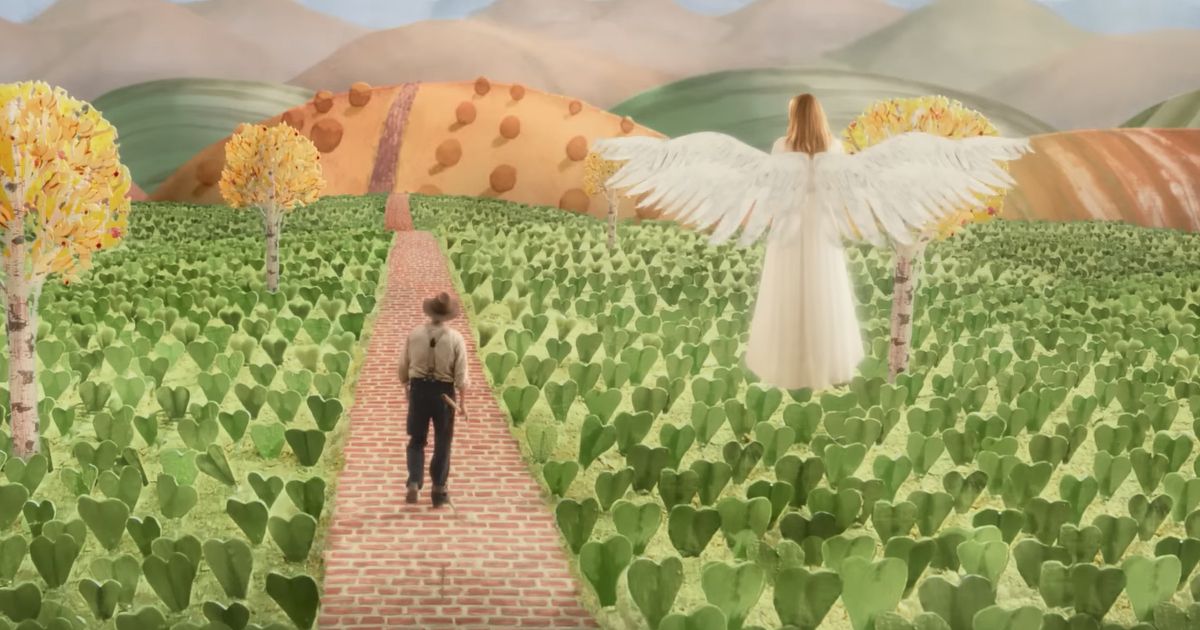
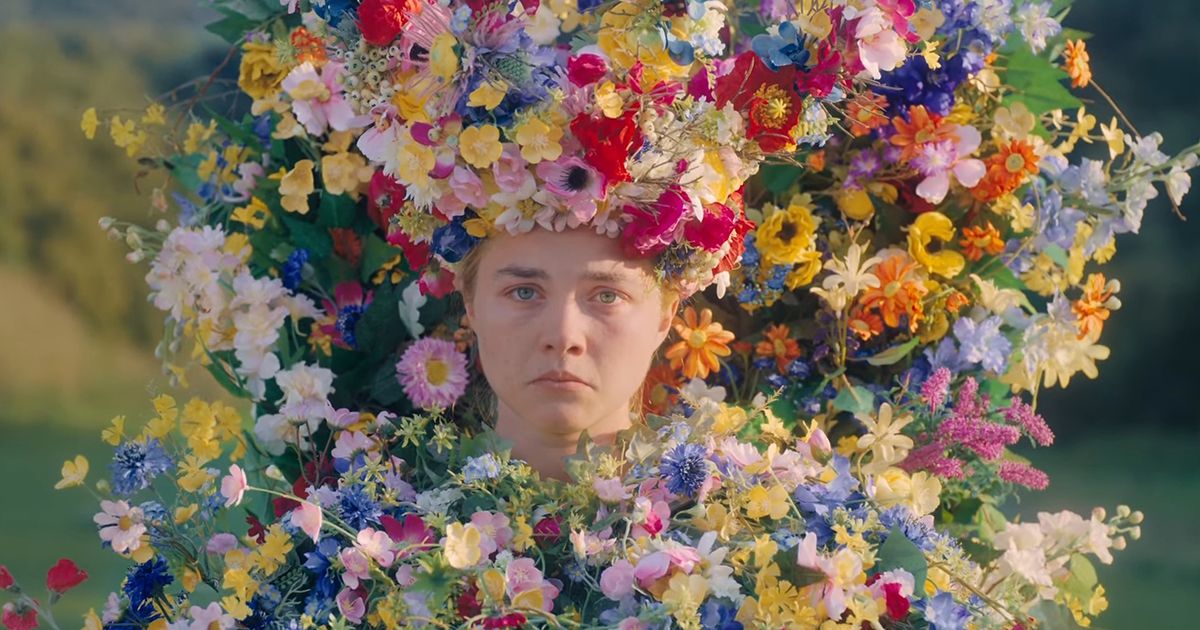
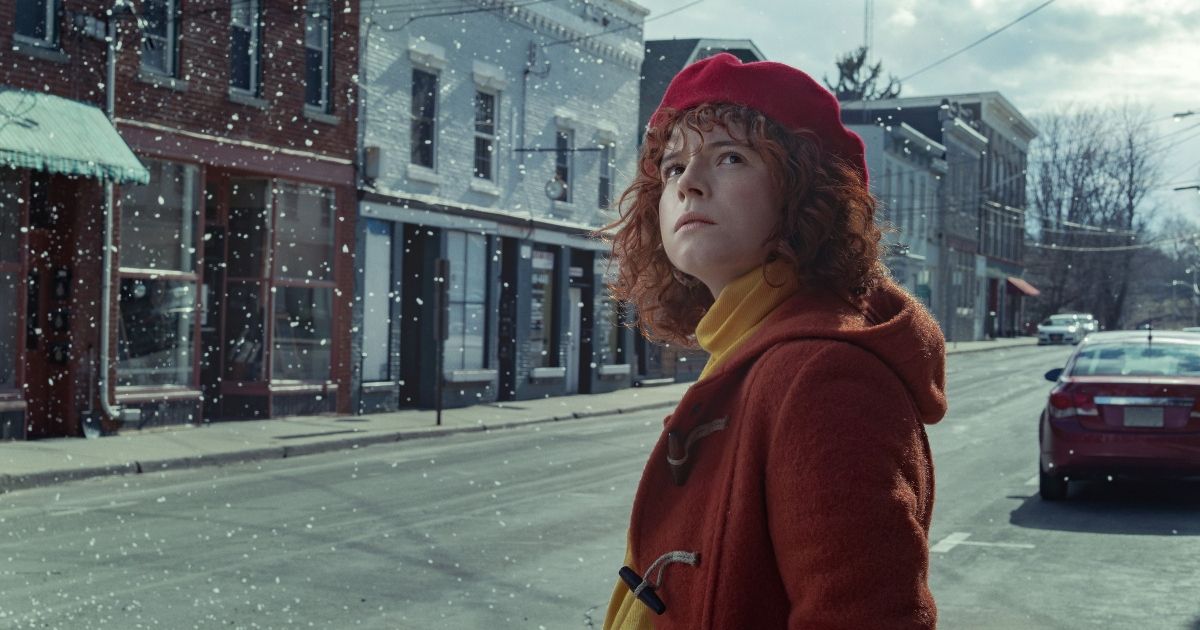
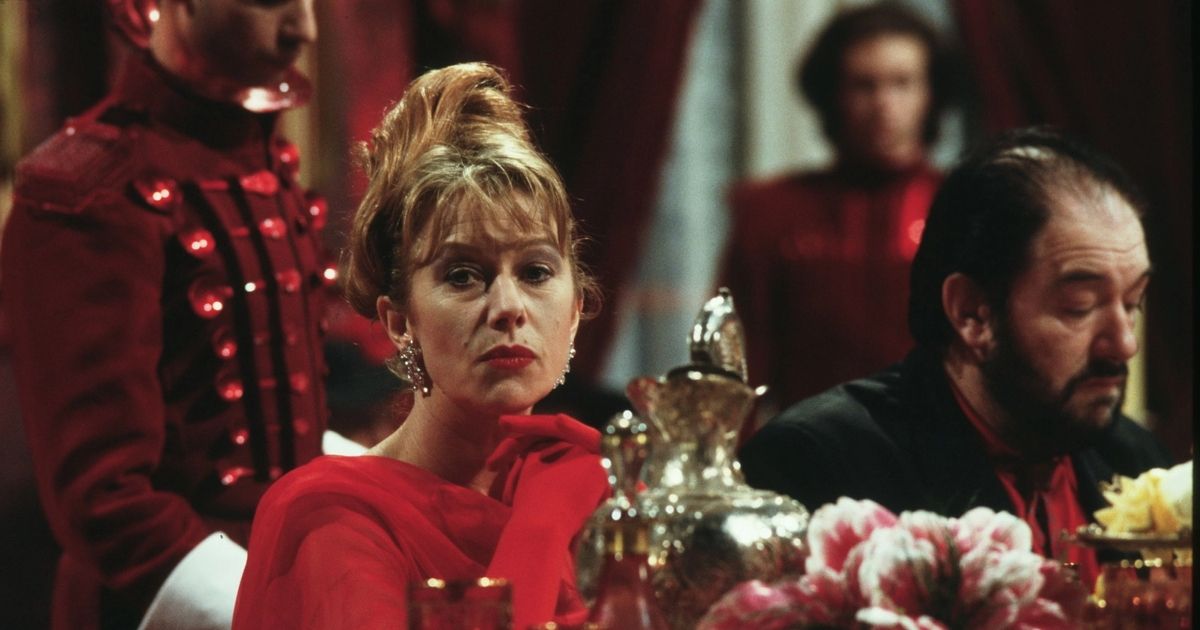
.jpg)
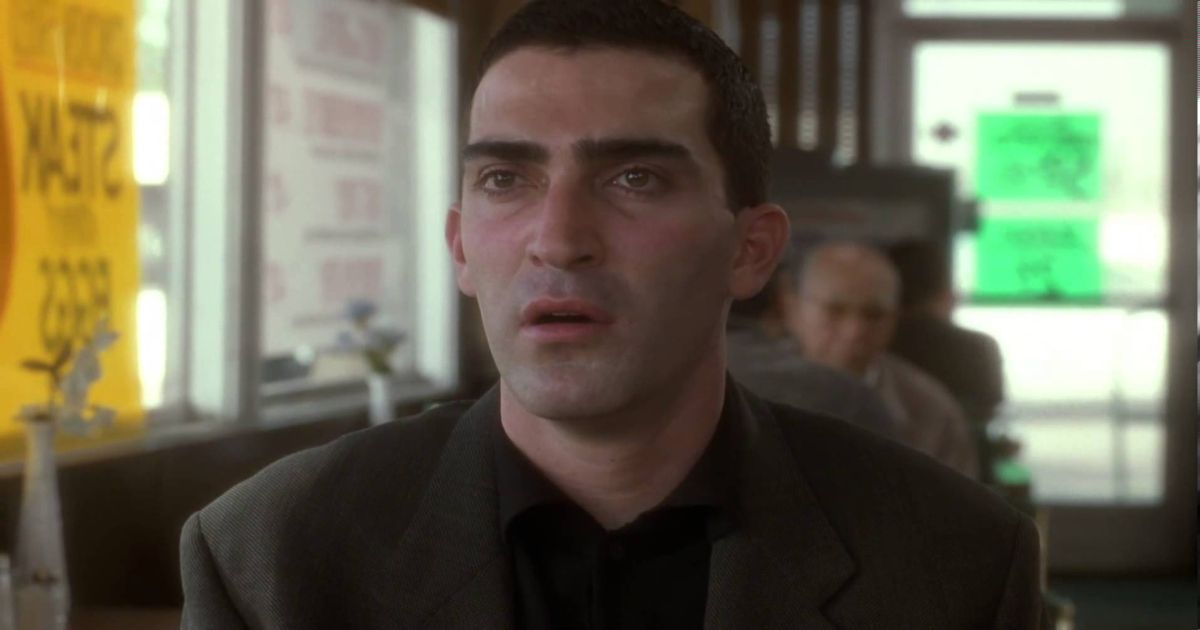
.jpg)
